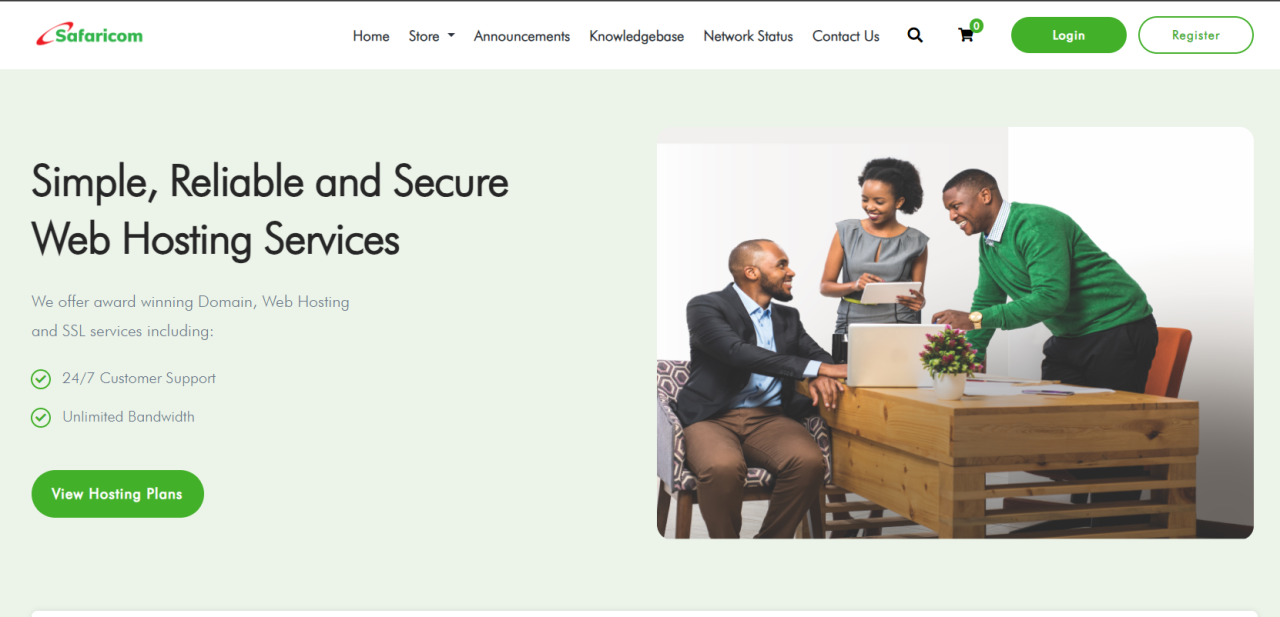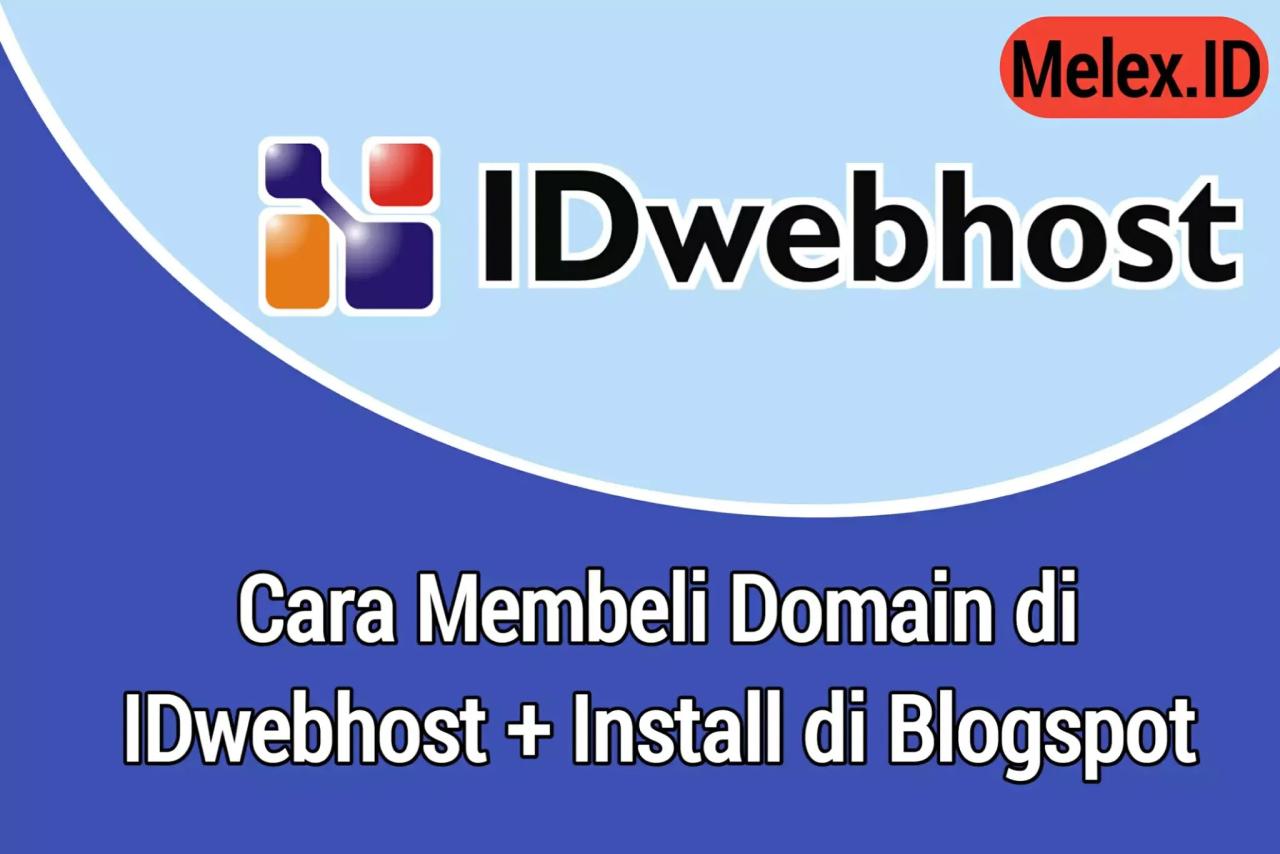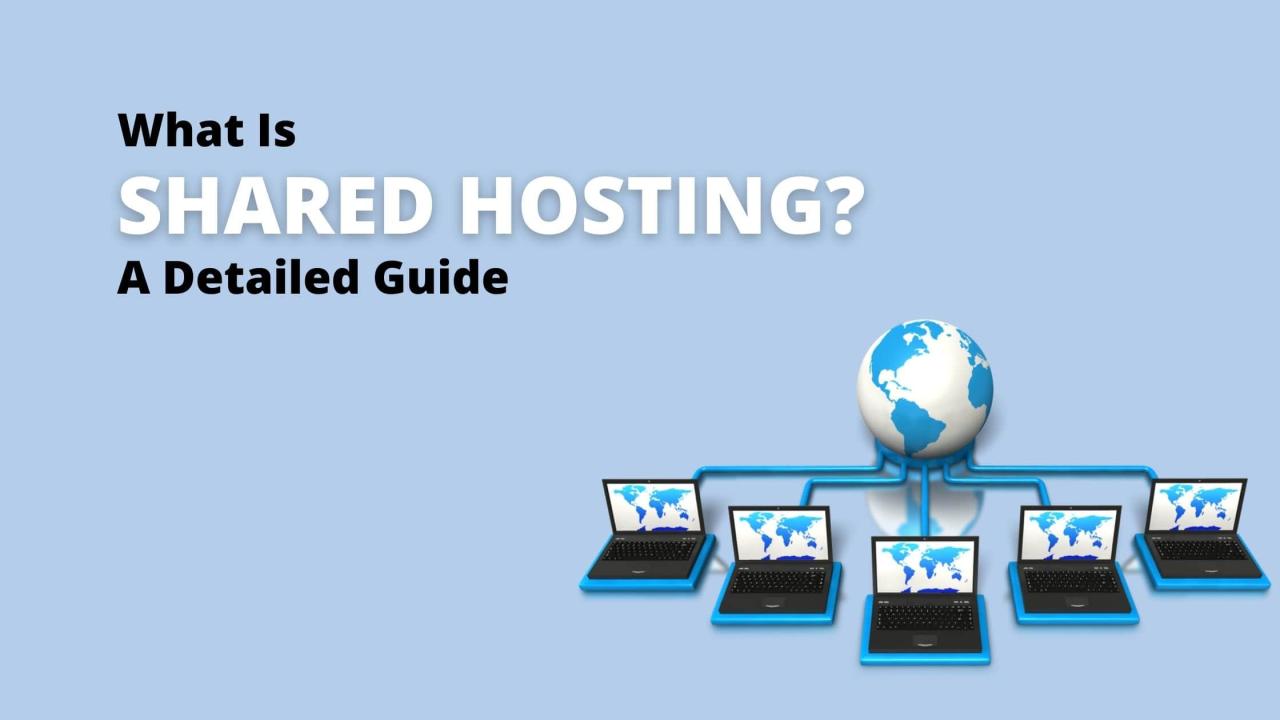Hybrid hosting, a dynamic approach to web hosting, combines the best of both worlds: the reliability of dedicated servers and the flexibility of cloud computing. This approach offers a unique blend of resources, empowering businesses and websites to achieve optimal performance and scalability without sacrificing control or security.
Hybrid hosting is ideal for websites that experience fluctuating traffic patterns or require the power of dedicated resources for specific tasks. It allows you to scale your infrastructure as needed, ensuring your site remains fast and responsive even during peak traffic periods. Moreover, hybrid hosting offers the advantage of cost-effectiveness, allowing you to pay only for the resources you use.
Future of Hybrid Hosting
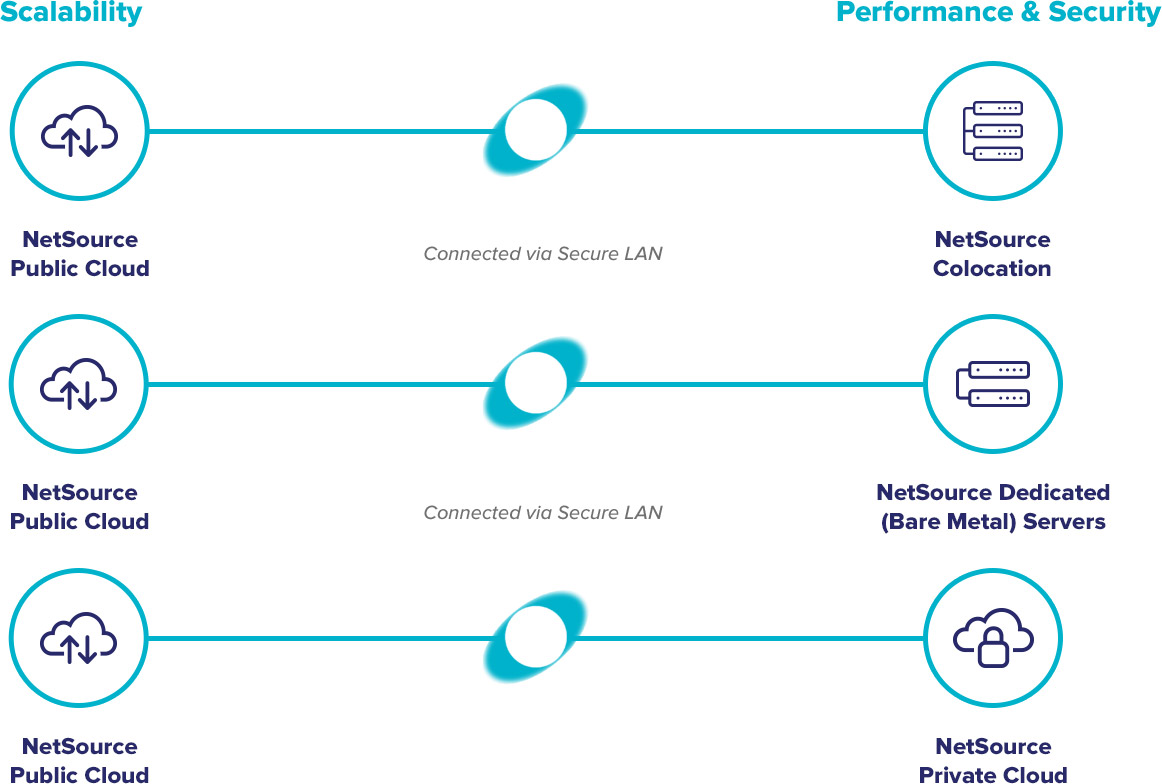
Hybrid hosting, a dynamic approach that combines the best of both worlds, is poised to become even more prevalent in the web hosting landscape. It offers a unique blend of flexibility, scalability, and cost-effectiveness, making it an attractive option for businesses of all sizes.
Trends Shaping the Future of Hybrid Hosting
The future of hybrid hosting is being shaped by several key trends that are driving innovation and adoption:
- Growing Demand for Flexibility and Scalability: Businesses are increasingly seeking hosting solutions that can adapt to their evolving needs, whether it’s handling seasonal traffic spikes or supporting rapid growth. Hybrid hosting offers the flexibility to scale resources up or down as required, ensuring optimal performance and cost efficiency.
- Rise of Cloud Computing: The adoption of cloud computing has significantly influenced the web hosting industry, with more businesses opting for cloud-based solutions. Hybrid hosting seamlessly integrates with cloud infrastructure, allowing organizations to leverage the benefits of both on-premises and cloud environments.
- Focus on Security and Compliance: Security and compliance are paramount concerns for businesses. Hybrid hosting provides a robust security framework, combining the security features of on-premises infrastructure with the advanced security capabilities of cloud providers.
- Increased Adoption of DevOps: DevOps practices are gaining traction, emphasizing collaboration and automation throughout the software development lifecycle. Hybrid hosting aligns well with DevOps principles, enabling seamless integration and automation across different environments.
Impact of Emerging Technologies
Emerging technologies are set to have a profound impact on hybrid hosting:
- Artificial Intelligence (AI): AI can be leveraged to optimize resource allocation, automate tasks, and enhance security in hybrid hosting environments. AI-powered tools can analyze performance data, identify potential bottlenecks, and automatically adjust resources to ensure optimal performance.
- Edge Computing: Edge computing brings computation and data storage closer to users, reducing latency and improving performance. Hybrid hosting can leverage edge computing to deliver a more responsive and efficient user experience, particularly for geographically dispersed users.
- Internet of Things (IoT): The proliferation of IoT devices is generating massive amounts of data. Hybrid hosting can provide the scalability and flexibility needed to handle the data deluge from IoT devices, enabling businesses to extract valuable insights and make data-driven decisions.
Predictions for the Future
Based on current trends and emerging technologies, the future of hybrid hosting looks bright:
- Increased Adoption: Hybrid hosting is expected to gain wider adoption across various industries, as businesses recognize its advantages in terms of flexibility, scalability, and cost-effectiveness.
- Integration with Cloud-Native Technologies: Hybrid hosting will increasingly integrate with cloud-native technologies, such as containers and serverless computing, to enhance agility and optimize resource utilization.
- Focus on Automation and Orchestration: Automation and orchestration tools will play a crucial role in managing hybrid hosting environments, simplifying operations and reducing human error.
- Enhanced Security and Compliance: Hybrid hosting solutions will continue to evolve to address the growing security and compliance challenges, offering robust security measures and compliance certifications.
Ultimate Conclusion
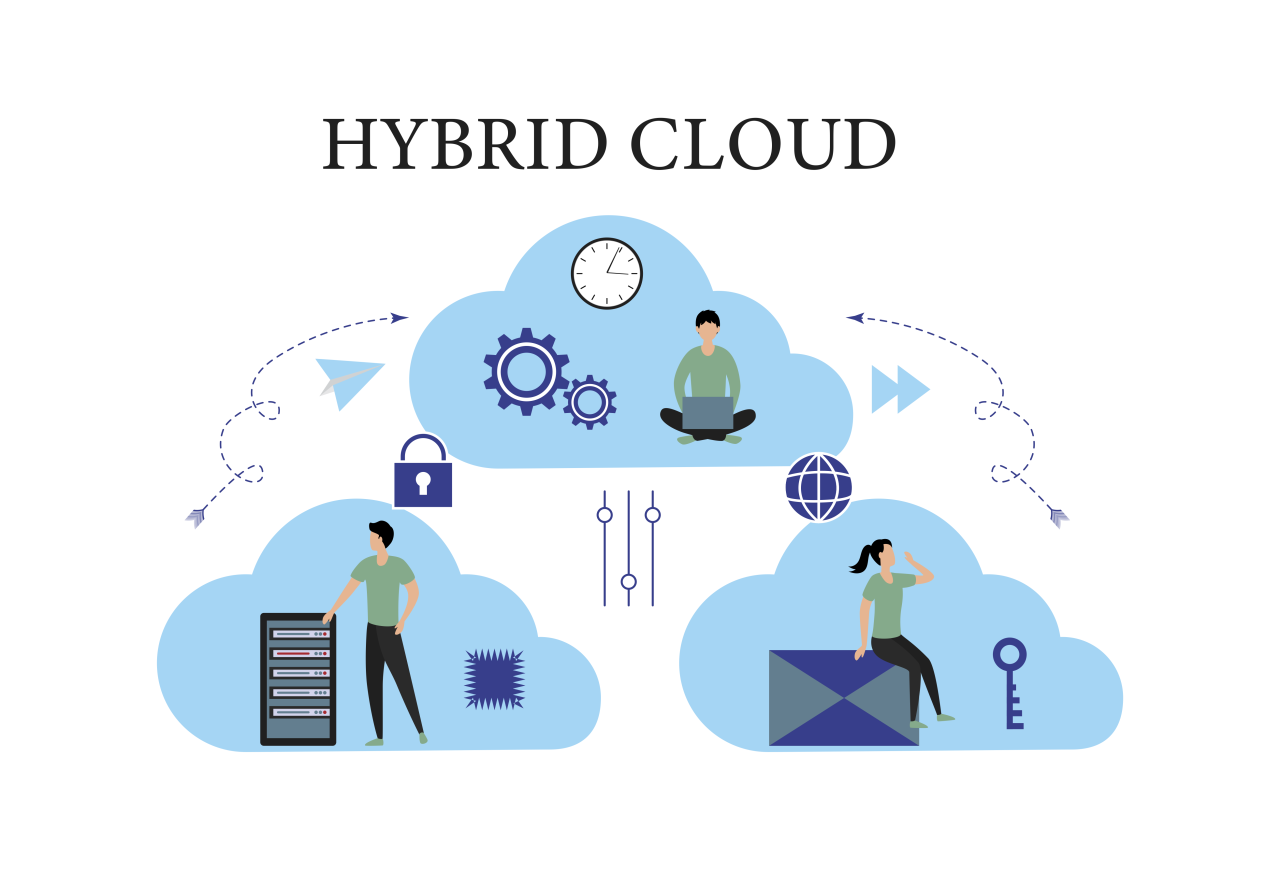
Hybrid hosting is a versatile solution that caters to the evolving needs of modern websites. By strategically combining dedicated servers and cloud resources, it delivers the performance, scalability, and cost-efficiency required for success. As the web hosting landscape continues to evolve, hybrid hosting is poised to become an increasingly popular choice for businesses seeking a balanced and adaptable approach to managing their online presence.

